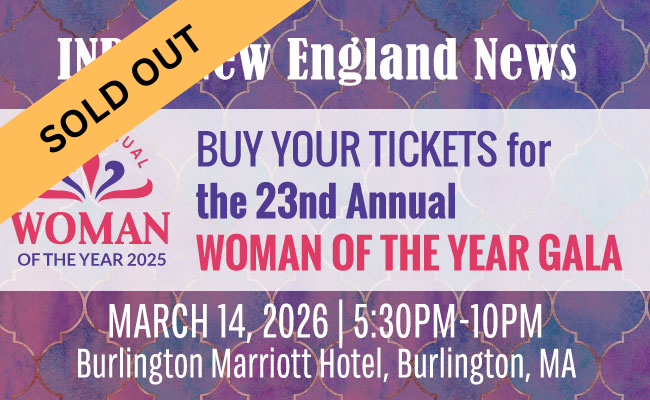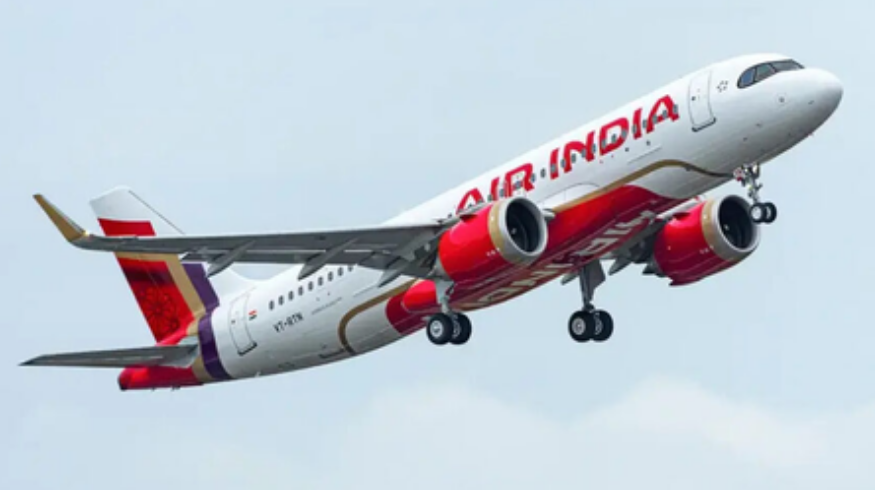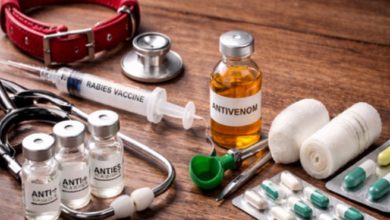Delhi High Court Seeks Centre’s Response on Plea to Recognize Same-Sex Partners in Medical Decision-Making

NEW DELHI– The Delhi High Court on Thursday issued notices to the central government and the National Medical Commission (NMC) in response to a petition seeking legal recognition of same-sex partners as legitimate decision-makers during medical treatment.
Justice Sachin Datta, presiding over a single-judge bench, sought replies from the Union Ministries of Health and Family Welfare, Law and Justice, Social Justice and Empowerment, and the NMC. The matter has been scheduled for further hearing on October 27.
The writ petition highlights the absence of a clear legal framework or common law recognition that would allow “partners in a union” to provide medical consent during treatment or emergencies.
The petitioners, a same-sex couple who have been living together in Delhi since 2018, emphasized the urgent need for recognition in medical situations, especially since their immediate families reside in other states or countries and may be unreachable during emergencies.
Under the Indian Medical Council (Professional Conduct, Etiquette and Ethics) Regulations, 2002, medical consent can currently be provided only by a “husband or wife, parent or guardian in the case of a minor, or the patient himself.”
“This lack of explicit recognition of partners in a union renders the petitioner effectively powerless to make critical medical decisions for her partner, or vice versa—a right readily available to heterosexual couples under the current regulations,” the petition argued.
The plea claims that this exclusion violates Article 14 of the Indian Constitution, which guarantees equality before the law. It asserts that the current legal and regulatory framework lacks a reasonable basis for excluding same-sex partners and is “manifestly arbitrary.”
The petition also invokes Article 19(1)(a) and 19(1)(c), stating that the absence of recognition undermines the fundamental right to freedom of expression and association by restricting the ability to express one’s relationship through cohabitation, mutual care, and medical decision-making.
Moreover, it contends that the framework infringes upon Article 21, the right to life and personal liberty, which includes the right to live with dignity and autonomy in one’s personal relationships—particularly the right to care for a chosen partner during critical medical moments.
The petition urges the court to establish guidelines requiring hospitals and physicians to recognize same-sex partners as authorized medical representatives and grant them access during treatment.
Alternatively, it asks the court to declare that a medical power of attorney, executed in advance by a patient in favor of a same-sex partner, should be deemed sufficient to authorize that partner to act as their medical representative.
Senior advocate Saurabh Kirpal, representing the petitioners, argued that the plea aims to fill a significant legal gap and ensure that all individuals, regardless of sexual orientation, have the right to care for their partner during medical emergencies.
In January, the Supreme Court dismissed a batch of review petitions challenging its October 2023 ruling, which declined to grant legal recognition to same-sex and queer marriages in India.
In its October 17, 2023 verdict, a five-judge Constitution Bench held that there is no absolute right to marriage and accepted the Centre’s proposal to form a high-level committee, led by the Cabinet Secretary, to explore administrative measures addressing basic social and legal concerns of same-sex couples.
The apex court also directed both central and state governments to ensure that the LGBTQ+ community is not discriminated against based on sexual orientation and is not denied access to goods or services. (Source: IANS)





